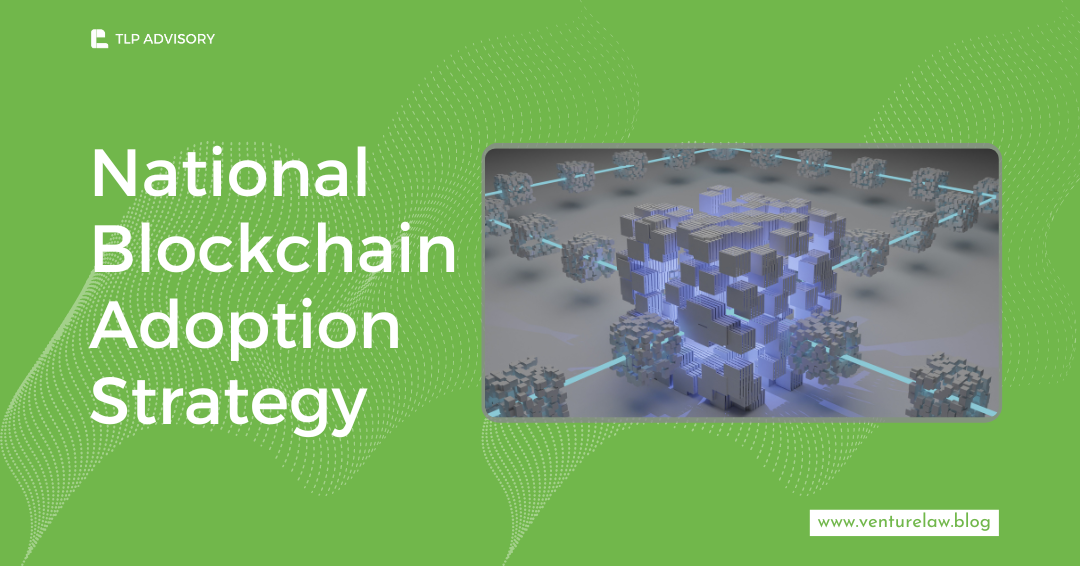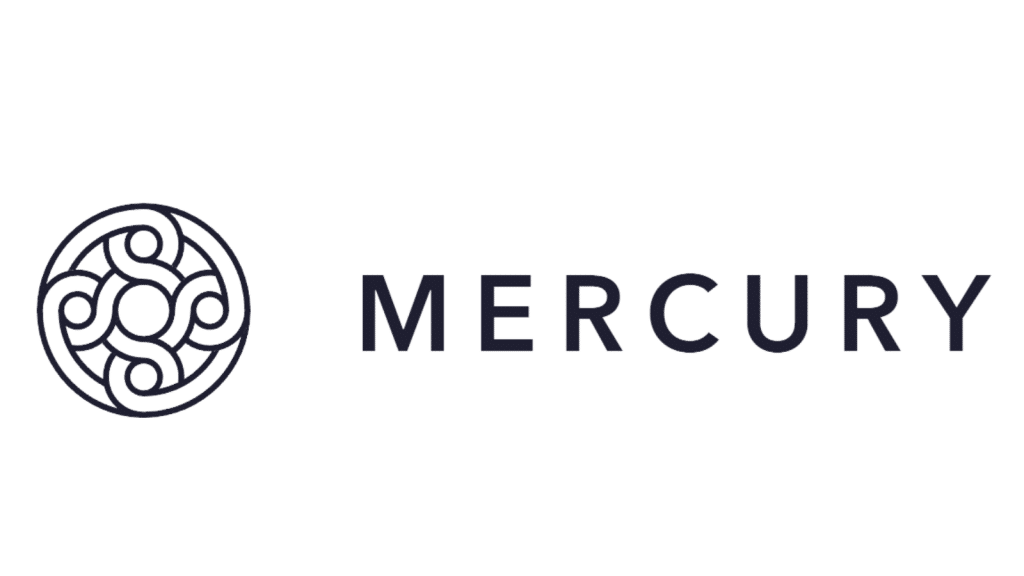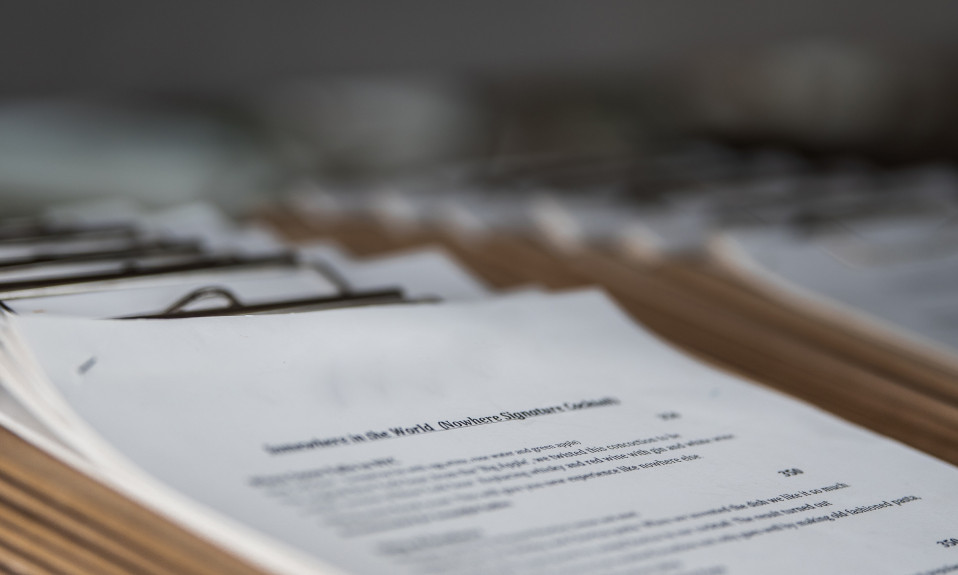
An overview of the SEC’s Accelerated Regulatory Incubation Program and its impact on Virtual Assets Service Providers in Nigeria.
Introduction
In June 2024, the Nigerian Securities and Exchange Commission (SEC) launched the Accelerated Regulatory Incubation Program (ARIP) to onboard Virtual Assets Service Providers (VASPs) and other Digital Investments Service Providers. This initiative is aligned with the SEC’s mandate under the Investments and Securities Act (ISA) of 2007 to regulate and develop the Nigerian Capital Market. The Framework on Accelerated Regulatory Incubation Program June 2024 was issued to facilitate the onboarding of these entities, whose applications have been or will be filed with the SEC for registration.
The framework anticipates SEC’s proposed amendment of the 2022 Rules on Digital Assets Issuance, Offering Platforms, Exchange, and Custody. Its primary objective is to guide participants on SEC’s regulatory requirements for registration within the Nigerian Capital Market. Additionally, it allows the SEC to better understand the business models of digital assets companies, enabling them to tailor the regulatory amendments accordingly. The framework also aims to prevent money laundering, protect investments, and maintain market integrity.
This article provides insight into these regulations, the specific entities affected, and the potential impact of these changes.
Highlights of the Framework
The Framework applies comprehensively to the digital and virtual assets ecosystem, specifically targeting:
- Providers and issuers of virtual assets (such as cryptocurrencies and Initial Coin Offerings) in Nigeria or to Nigerian consumers.
- Platforms facilitating virtual/digital asset trading and services in Nigeria.
- Participants in the creation and promotion of initial token offerings in Nigeria.
- Providers of virtual asset services to Nigerians, regardless of their location.
- Individuals or entities involved in Distributed Ledger Technology (DLT) and virtual/digital asset services.
- Issuers of virtual/digital assets, including foreign entities, operating in Nigeria.
- Unregistered digital investment platforms in the Nigerian capital market.
- Foreign operators targeting Nigerian investors through promotions or direct communications.
The ARIP expedites the registration process for entities involved in digital asset activities, granting them an “Approval in Principle” while they await full registration under the forthcoming Digital Assets Rules. Participants undergo thorough assessments and must meet stringent criteria related to operational transparency, investor protection, and compliance with anti-money laundering laws. Failure to meet these criteria may result in participants being deemed unsuccessful.
Key Criteria for Participants:
- Maintaining fit and proper standards for leadership.
- Adhering to approved operational plans.
- Complying with all legal and regulatory obligations.
- Ensuring financial stability.
- Conducting business ethically and transparently.
- Implementing effective risk management frameworks.
- Protecting investor interests.
Breach of these requirements may result in penalties, suspension, or termination of participation in the program, emphasising the SEC’s commitment to upholding market integrity and investor protection in Nigeria’s evolving digital asset sector.
Successful Participants:
- Must adhere strictly to SEC guidelines, including maintaining operational transparency and robust investor protection measures.
- Are required to submit regular reports and undergo monitoring by the SEC to ensure continued adherence to these standards.
- Have the potential to transition to full registration as regulated entities within Nigeria’s capital market, provided they meet all final regulatory requirements and demonstrate sustained compliance throughout the ARIP period.
Additionally, the framework mandates that participants enlist the services of solicitors throughout the application process. This requirement ensures that all regulatory submissions are compliant, highlighting the critical role of legal oversight in navigating the complexities of registering as digital asset service providers and other entities within Nigeria’s evolving regulatory environment.
Penalties for Non-Compliance:
Initial penalties of no less than ₦5,000,000 (five million Naira) for failing to meet prescribed standards.An additional ₦200,000 (two hundred thousand Naira) per day of non-compliance.For unregistered VASPs and other digital investment platforms, penalties start at ₦20,000,000 (twenty million Naira) for VASPs and ₦10,000,000 (ten million Naira) for other platforms.
Analysis of the Impact
The digital assets industry operates within a regulatory environment characterised by significant ambiguity. This lack of clarity poses considerable risks to investors, including potential exposure to fraud and market manipulation due to inadequate oversight. A regulatory response that seeks to understand the nuanced nature of businesses within its jurisdiction before amending laws to fit specific market dynamics is commendable. This approach ensures that regulation is grounded in local data and insights, striking a balance between fostering innovation and ensuring robust investor protections, rather than merely adopting foreign regulatory frameworks that may not align with domestic realities.
Short-Term Impact:
The ARIP provides regulatory clarity and confidence in Nigeria’s digital assets sector. By granting preliminary approvals, the SEC ensures these entities operate under supervision, fostering market experimentation while safeguarding against systemic risks.
Long-Term Impact:
The program is likely to fortify Nigeria’s regulatory framework by refining regulations based on insights garnered during the ARIP. This iterative approach will enhance the Nigerian financial market’s integrity and reduce the potential for financial crimes, staying true to the intentions of the regulators.
Conclusion
The introduction of the ARIP marks a significant step towards further integrating digital asset innovations into Nigeria’s regulatory landscape. By balancing innovation with oversight, SEC aims to position Nigeria as a competitive hub for digital investments while ensuring market integrity.
As the ARIP evolves, its success will depend on effective collaboration between regulators, industry stakeholders, and the broader financial ecosystem. Continuous adaptation of regulatory frameworks is also crucial to keep pace with technological advancements and global regulatory standards.
Ultimately, the ARIP underscores SEC’s commitment to fostering a conducive environment for digital asset growth, paving the way for sustainable development and economic empowerment.






